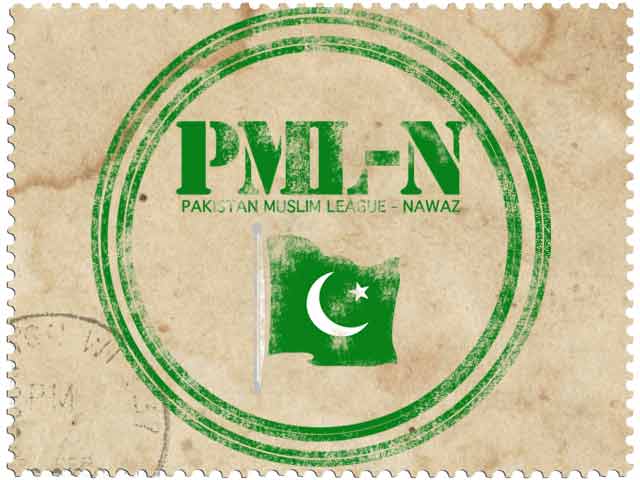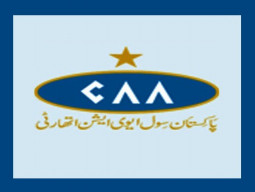
The new government will have access to just $6.7 billion of foreign reserves. And Pakistan needs more than that to avoid a balance of payments crisis. So, the first order of business will most probably be to try and convince the IMF to get back on board with a fresh package, which will be no easy task.
Even if the IMF does agree to come back, the next challenge will be even bigger, that of good governance. The government will have to ensure that the stalled process of reforms is revived. This will involve measures like making the power generation and distribution companies more independent, doing away with subsidies and increasing power rates. The next step will be even tougher. The government will have to commit itself to enhancing the tax base and tapping agricultural incomes. This will directly hit the political heartland of the country and will be a monumental achievement, if it happens. But it needs to be done if Pakistan is to rise from the abysmally low level where last year just 0.5 per cent of the population paid tax.
The power crisis is a very significant challenge. On the one hand, the government needs to generate at least three million jobs a year, but it is, in fact, losing out on employment because of the power crisis that has hit industrial growth. The numbers suggest that while the situation is bad, the situation is not irreversible nor are the issues beyond recovery. The political will to address them is the key.
Published in The Express Tribune, May 14th, 2013.





1732240636-0/WhatsApp-Image-2024-11-21-at-19-54-13-(1)1732240636-0-270x192.webp)











COMMENTS
Comments are moderated and generally will be posted if they are on-topic and not abusive.
For more information, please see our Comments FAQ